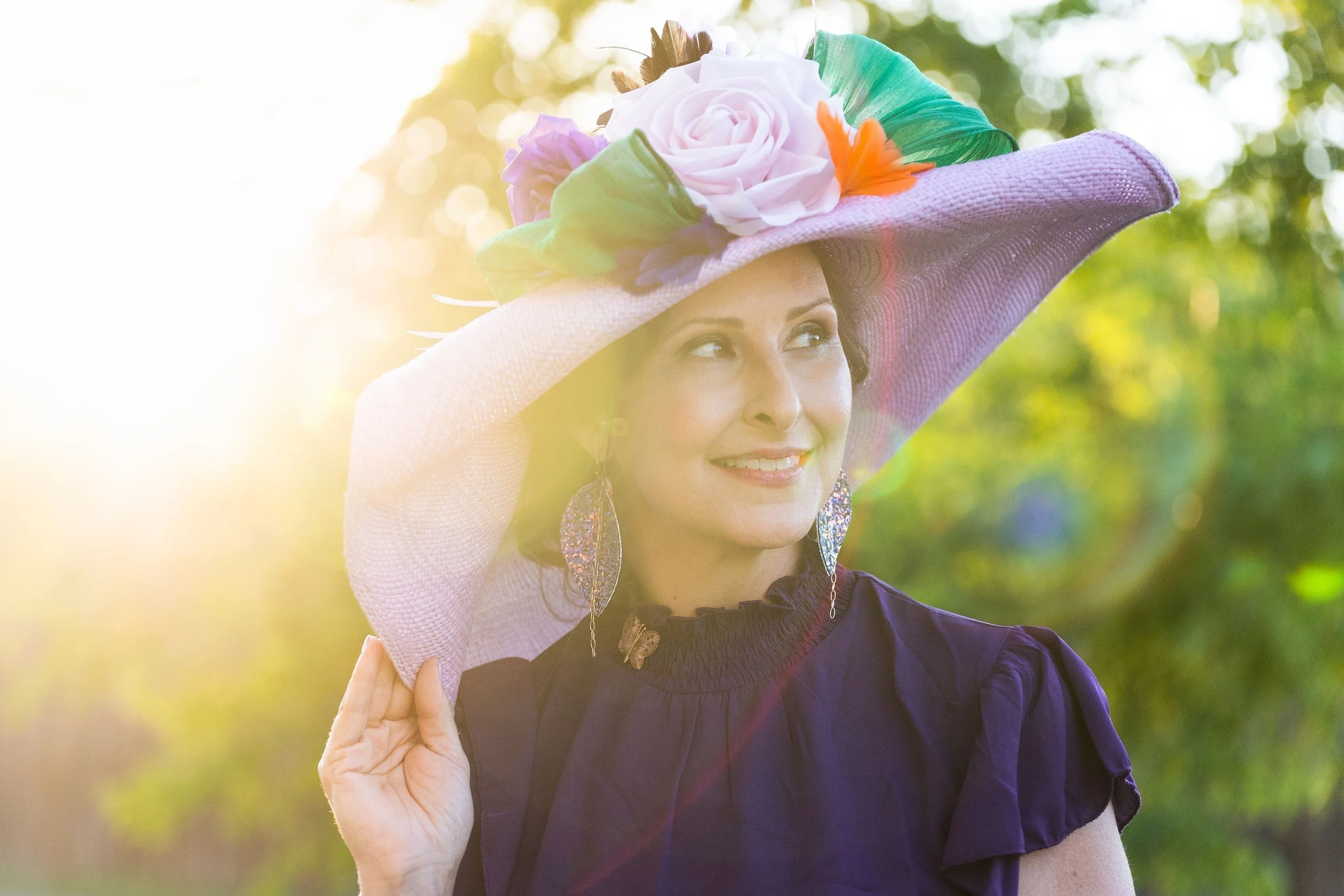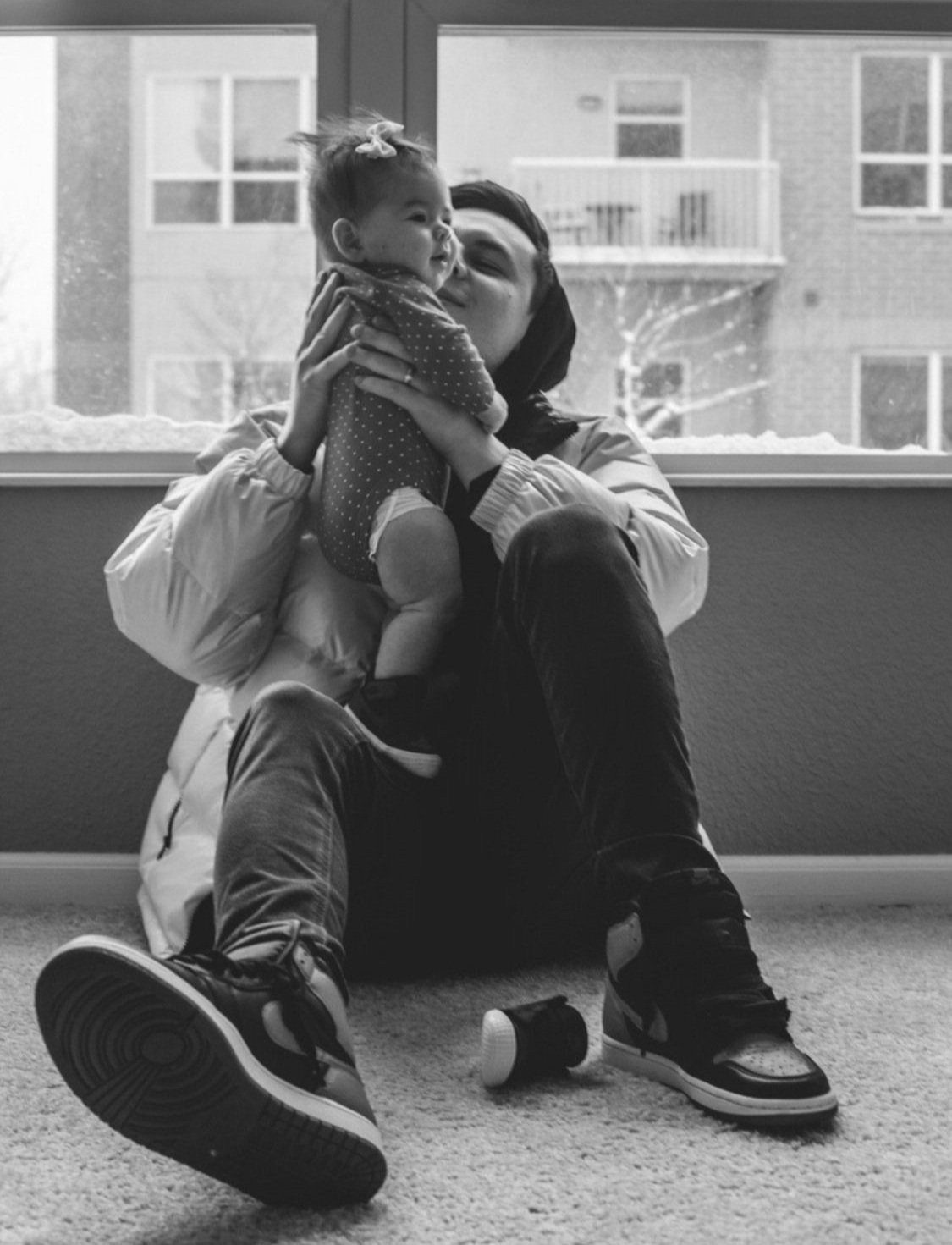By Manuel Garcia
When I was young and newly sober, I made the difficult decision to stop playing in punk rock bands.
Not because I lost the love of music or the guitar, but because alcohol and other drugs were everywhere. The venues and music scene in Mexico City were not conducive to my recovery. To get healthy, I had to leave that part of me behind.
Of course, not everyone needs to give up gigging to get sober. But for me, young as I was, it made sense.
Thankfully—though I left the venues, the music never left me. In fact, music helped save my life. In many ways, it was my higher power back then. It still is sometimes.
That’s why I’m so excited to join the board at Dissonance and be part of the mission to promote well-being in and through the arts. I’ve been sober from all mood-altering substances for 17 years now, and work as a licensed, master’s level addiction counselor and program supervisor. The opportunity to bring together my long love of art and music with my personal and professional commitment to healing and well-being was just what I’ve been waiting for, without ever knowing it.
The first time I heard about Dissonance was through my friend and colleague Jeremiah Gardner, who already served on the board. We both work for the Hazelden Betty Ford Foundation and, after a visioning session at our organization, Jeremiah brought a vision my way that included me potentially joining the efforts of Dissonance. I replied by saying, “I don’t know. Right now may not be the right time. I find myself incredibly busy with many projects.” I love that his reply mirrored what’s often heard in Twelve Step recovery circles: “Why don’t you come to our upcoming house concert and see what you think?”
I had to push myself to attend. Every time I see a musician perform live, my mind seems to ask: “What if?” “What if I didn’t have a substance use disorder, or what if I had the resources necessary to set boundaries that would have allowed me to do what I love most and still stay healthy?” I’m so glad I made it to the house show that day. The second I arrived, Jeremiah came to greet me and introduced me to the artist performing, Chris Koza. Chris talked about his music career and showed interest in who I was and why I was attending. We even got to talking about one of my favorite and most influential artists, Elliott Smith. Chris was so kind and welcoming, and so was everyone else. Plus — no alcohol. A show with no booze? In a house in a safe environment? With an artist the caliber of Chris Koza? “No way. It couldn’t be real,” I thought.
To my surprise, not only did I see people from the recovery community at the show, but non-alcoholic beverages were served, and it was a completely sober event. I didn’t think something like this could be possible. I had distanced myself from the music scene for so many years because I wanted to prioritize my recovery. Shortly after we spoke, Chris began to perform. His music immediately resonated. I got goosebumps the second he started playing his Taylor acoustic guitar. I couldn’t believe I was in an environment where I felt safe and could listen to rad music. Chris also was interviewed during the show, and he talked about the importance of self-care, and what he does to stay healthy on the road. I couldn’t believe it!
I hope to help bring the message of Dissonance to those who need to hear how arts and well-being are aligned. Music and other art can help us get through the difficult aspects in life, and connect us to each other. I want people to learn, as I did, that there are others out there, like those of us connected to Dissonance, who are supportive and welcoming no matter your background. I hope we can help adolescents and young adults who find themselves in the situation I did—feeling like they need to choose between well-being and art—access the resources they need to keep up their art while focusing on their health at the same time.
Seventeen years ago, I wish the support and message of an organization like Dissonance had been there for me. It’s here now, though, and I am incredibly excited to be helping plan our next house show featuring Mark Mallman. I hope everyone who attends feels as supported and welcomed as I did, hanging out with great people enjoying incredible music in a safe, inclusive environment for all!
Manuel Garcia is an outpatient program supervisor at Hazelden Betty Ford in St. Paul and a board member for Dissonance. He also serves on the National Association of Addiction Treatment Providers’ Diversity, Equity, Inclusivity and Belonging Committee and Hazelden Betty Ford’s DEI Committee. He lives in Woodbury , Minn., with his wife Mickey and their daughter Nina.
Manuel and Nina











